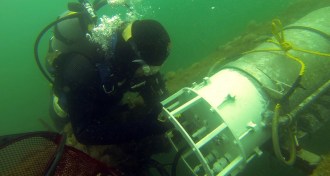Ecosystems
-
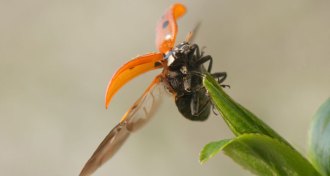 Ecosystems
EcosystemsLong-ignored, high-flying arthropods could make up largest land migrations
Forget birds. 3.5 trillion insects, spiders and mites a year fly over the southern United Kingdom.
By Susan Milius -
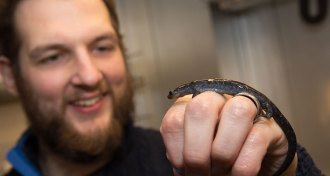 Animals
AnimalsFor some salamanders, finding a mate is a marathon
Small-mouthed salamanders will travel close to nine kilometers on average to mate, a new study finds.
-
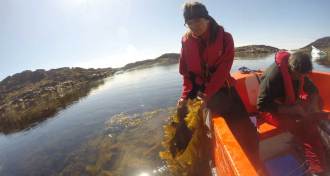 Climate
ClimateArctic kelp forests may create summer refuges from ocean acidification
Long summer daylight revs up carbon capture in Arctic kelp forests, offering a little relief from acidifying ocean water.
By Susan Milius -
 Ecosystems
EcosystemsOyster deaths linked to ‘atmospheric rivers’
Atmospheric rivers bring strong storms that could have been behind a 2011 California oyster die-off.
-
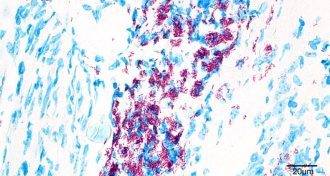 Ecosystems
EcosystemsLosing tropical forest might raise risks of human skin ulcers, deformed bones
Bacteria that cause Buruli ulcer in people flourish with tropical deforestation.
By Susan Milius -
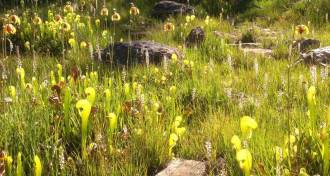 Plants
PlantsBacteria help carnivorous plants drown their prey
Pitcher plant drowning traps are more difficult for an insect to escape when bacteria colonize them.
By Susan Milius -
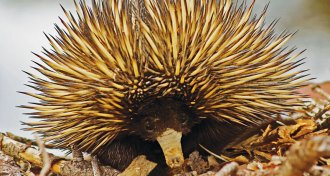 Animals
AnimalsAn echidna’s to-do list: Sleep. Eat. Dig up Australia.
Short-beaked echidna’s to-do list looks good for a continent losing other digging mammals.
By Susan Milius -
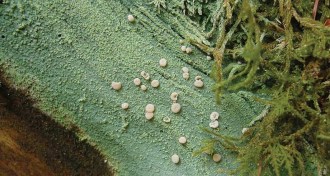 Life
LifeLichens are an early warning system for forest health
Lichens, fascinating mosaics of fungi and algae or cyanobacteria, are made for sensing environmental change.
-
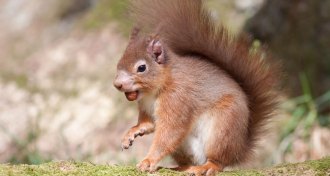 Life
LifeBritish red squirrels serve as leprosy reservoir
Red squirrels in the British Isles can harbor the bacteria that cause leprosy.
-
 Astronomy
AstronomyReaders unimpressed by Earth’s newest neighbor
Exoplanet fatigue, runaway fish and more in reader feedback.
-
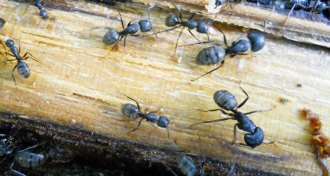 Climate
ClimateClimate change shifts how long ants hang on to coveted real estate
Simulated climate warming reveals a new pattern in turnover of ant nests.
By Susan Milius -
